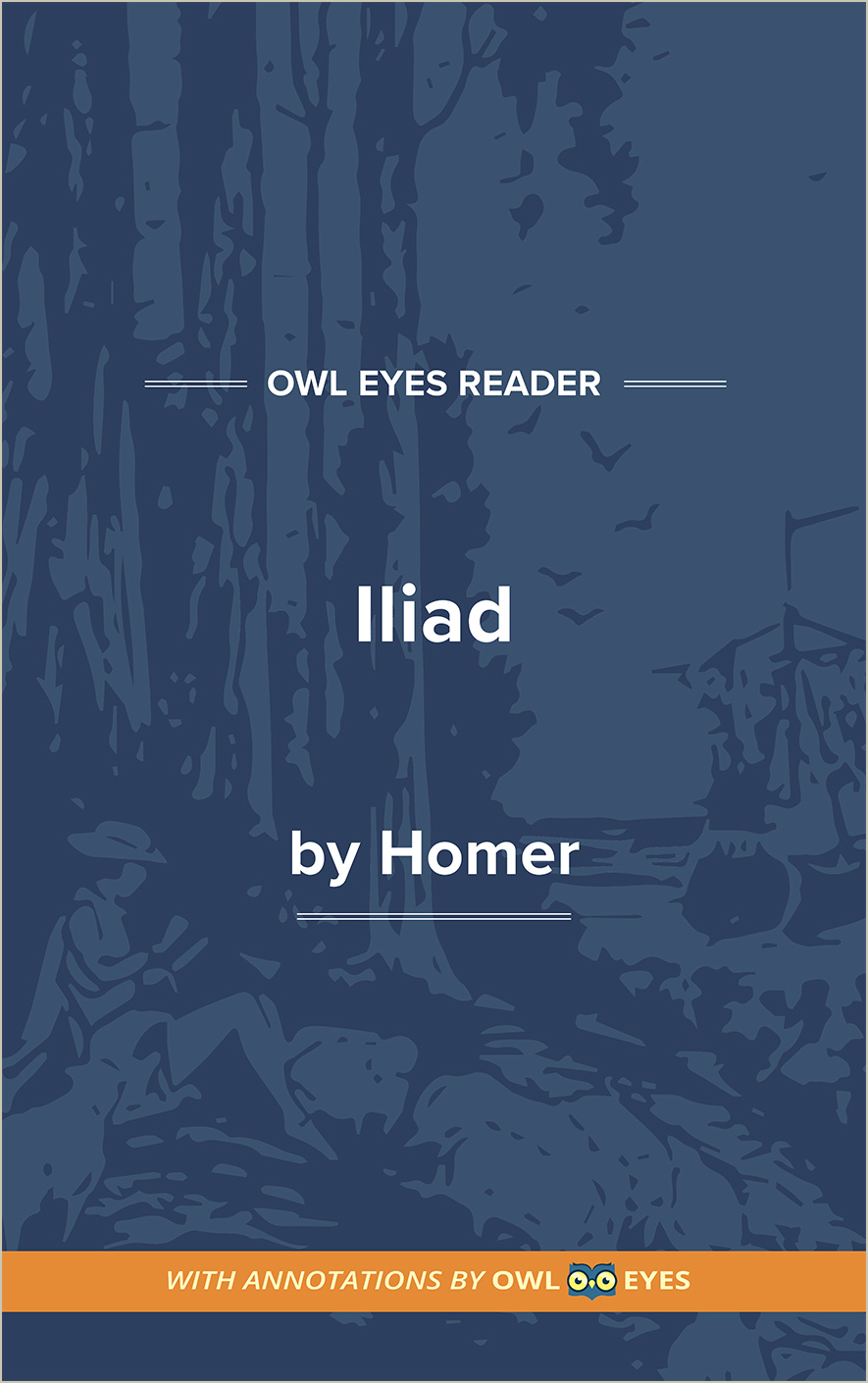Analysis Pages
Vocabulary in Iliad
Vocabulary Examples in Iliad:
Book I
🔒"merman's..." See in text (Book I)
"ambrosial..." See in text (Book I)
"subjection..." See in text (Book I)
"Argives..." See in text (Book I)
"Ilius..." See in text (Book I)
"Achaeans...." See in text (Book I)
Book II
🔒"monger..." See in text (Book II)
Book IV
🔒"Pergamus..." See in text (Book IV)
Book V
🔒"Gorgon..." See in text (Book V)
"threshing-floor..." See in text (Book V)
"chaff ..." See in text (Book V)
Book VI
🔒"dandled..." See in text (Book VI)
"cubits..." See in text (Book VI)
"Chimaera..." See in text (Book VI)
"thyrsi..." See in text (Book VI)
Book VII
🔒"baldric..." See in text (Book VII)
"Far-Darter..." See in text (Book VII)
Book VIII
🔒"Gorgo..." See in text (Book VIII)
"tripod..." See in text (Book VIII)
Book IX
🔒"chine..." See in text (Book IX)
Book X
🔒"anointed..." See in text (Book X)
Book XI
🔒"centaurs..." See in text (Book XI)
Book XII
🔒"breastworks ..." See in text (Book XII)
"demigods..." See in text (Book XII)
Book XIV
🔒"ford..." See in text (Book XIV)
"soughed..." See in text (Book XIV)
Book XV
🔒"allotment ..." See in text (Book XV)
Book XVI
🔒"Dodona in your sway, where your prophets the Selli..." See in text (Book XVI)
Book XVIII
🔒"two talents..." See in text (Book XVIII)
"bellows..." See in text (Book XVIII)
"laid him on a litter..." See in text (Book XVIII)
Book XXIII
🔒"heirloom..." See in text (Book XXIII)
Book XXIV
🔒"vestments..." See in text (Book XXIV)

